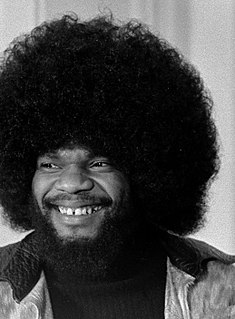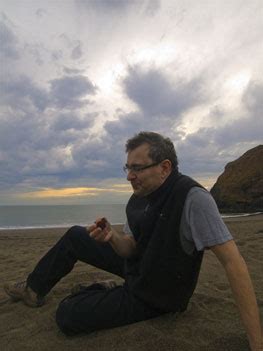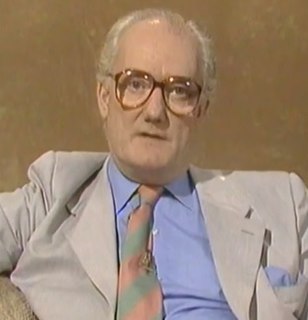A Quote by Eduard Hanslick
Grant that the true organ with which the beautiful is apprehended is the imagination, and it follows that all arts are likely to affect the feelings indirectly.
Related Quotes
It is something to be able to paint a particular picture, or to carve a statue, and so to make a few objects beautiful; but it is far more glorious to carve and paint the very atmosphere and medium through which we look, which morally we can do. To affect the quality of the day, that is the highest of arts.
I never could keep a promise. I do not blame myself for this weakness, because the fault must lie in my physical organization. It is likely that such a very liberal amount of space was given to the organ which enables me to make promises that the organ which should enable me to keep them was crowded out. But I grieve not. I like no half-way things. I had rather have one faculty nobly developed than two faculties of mere ordinary capacity.
Imagine a mosaic picture of a house in the country: lots of red and blue and yellow and black and brown and white and a dozen different shades of green tiles which make a beautiful picture if you stand back far enough. All the little red squares are true - true things, true places, true feelings. But the red squares aren't the picture. All the rest of it is lies and stories, often within the same sentence.
There was no direct way to prevent the Boston murders. There are some easy ways to prevent likely future ones: by not inciting them. That's also true of another case of a suspect murdered, his body disposed of without autopsy, when he could easily have been apprehended and brought to trial: Osama bin Laden.
Prayer is the highest form, the supreme act of the Creative Imagination. ... For prayer is not a request for something: it is the expression of a mode of being, a means of existing and of causing to exist, ... The organ of Prayer is the heart, the psychospiritual organ, with its concentration of energy, its himma. ... Prayer is a "creator" of vision, ... .
To take, for example, my own death: what I consider most likely to be true is that death will be the complete and utter end of my existence, with no successor existence of any kind that can be related to me as I now am. And if that is not the case, the next most likely scenario, it seems to me, is something along the lines indicated by Schopenhauer. But neither of these is what I most want. What I want to be true is that I have an individual, innermost self, a soul, which is the real me and which survives my death. That too could be true. But alas, I do not believe it.


































